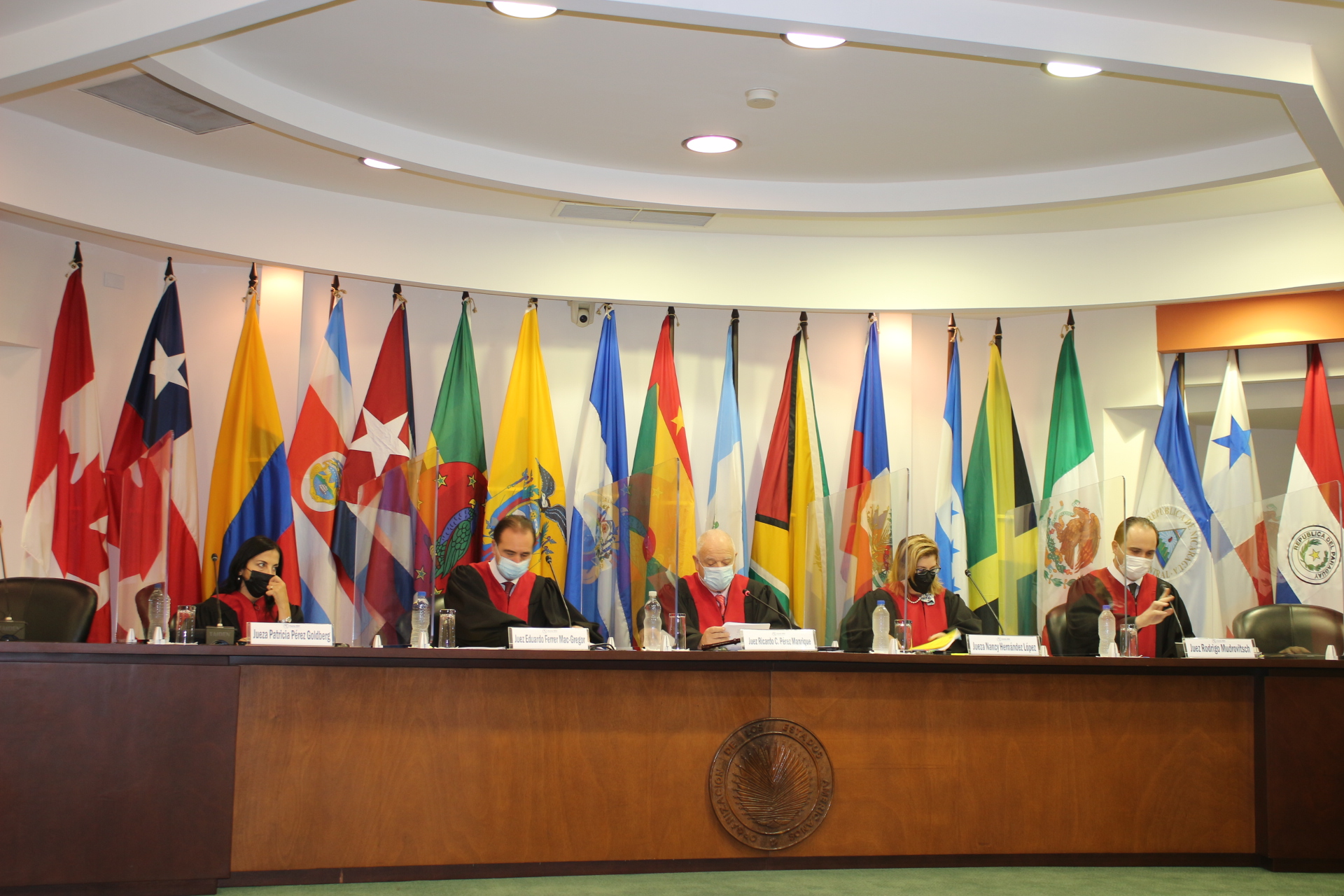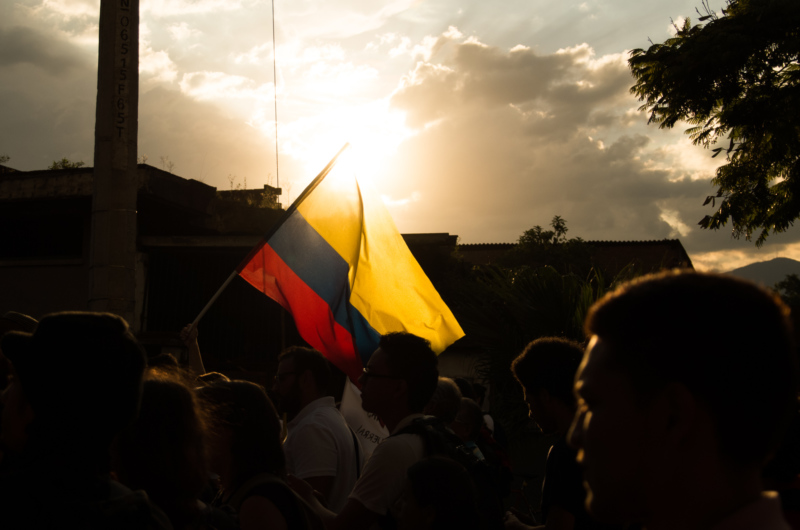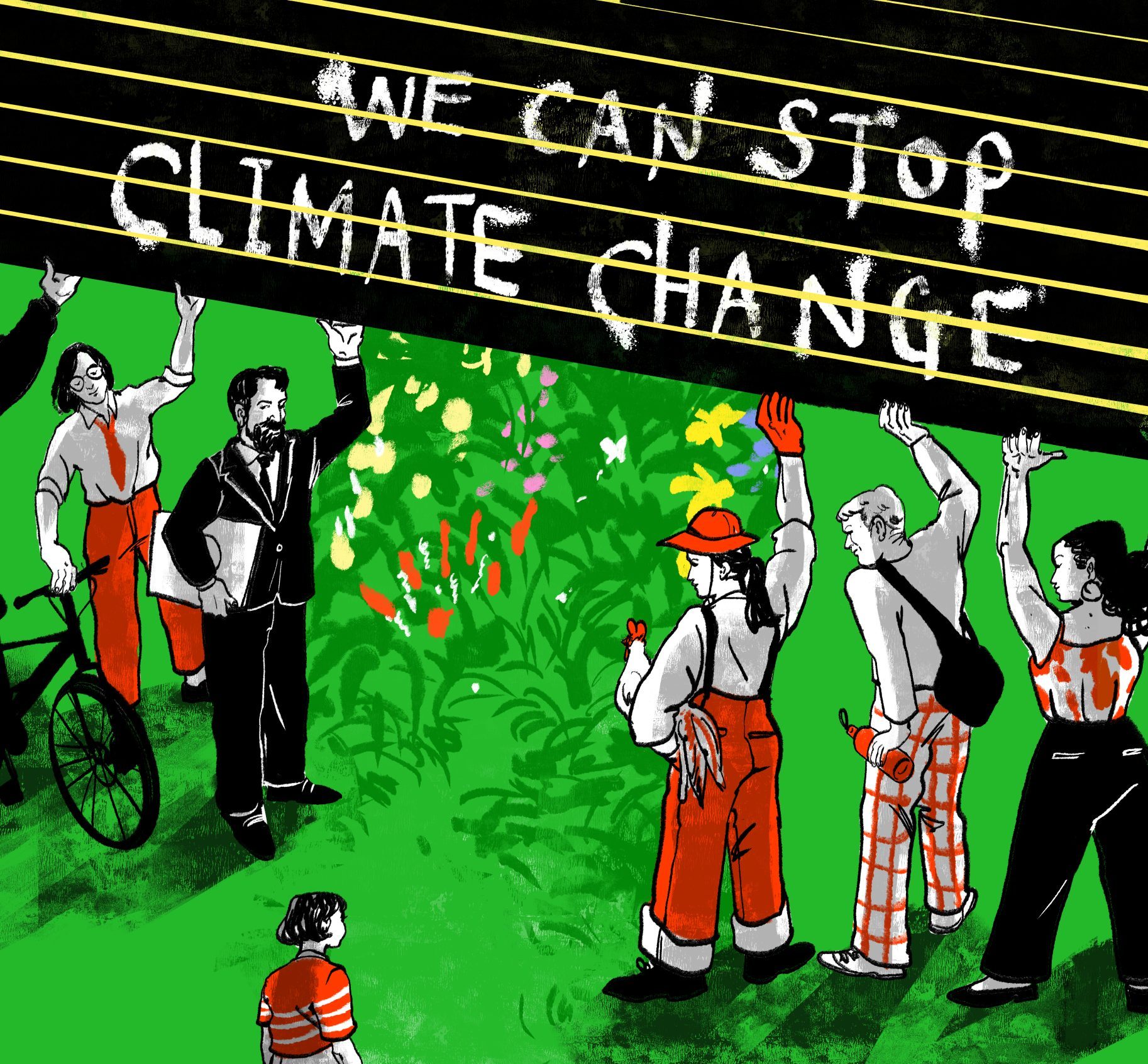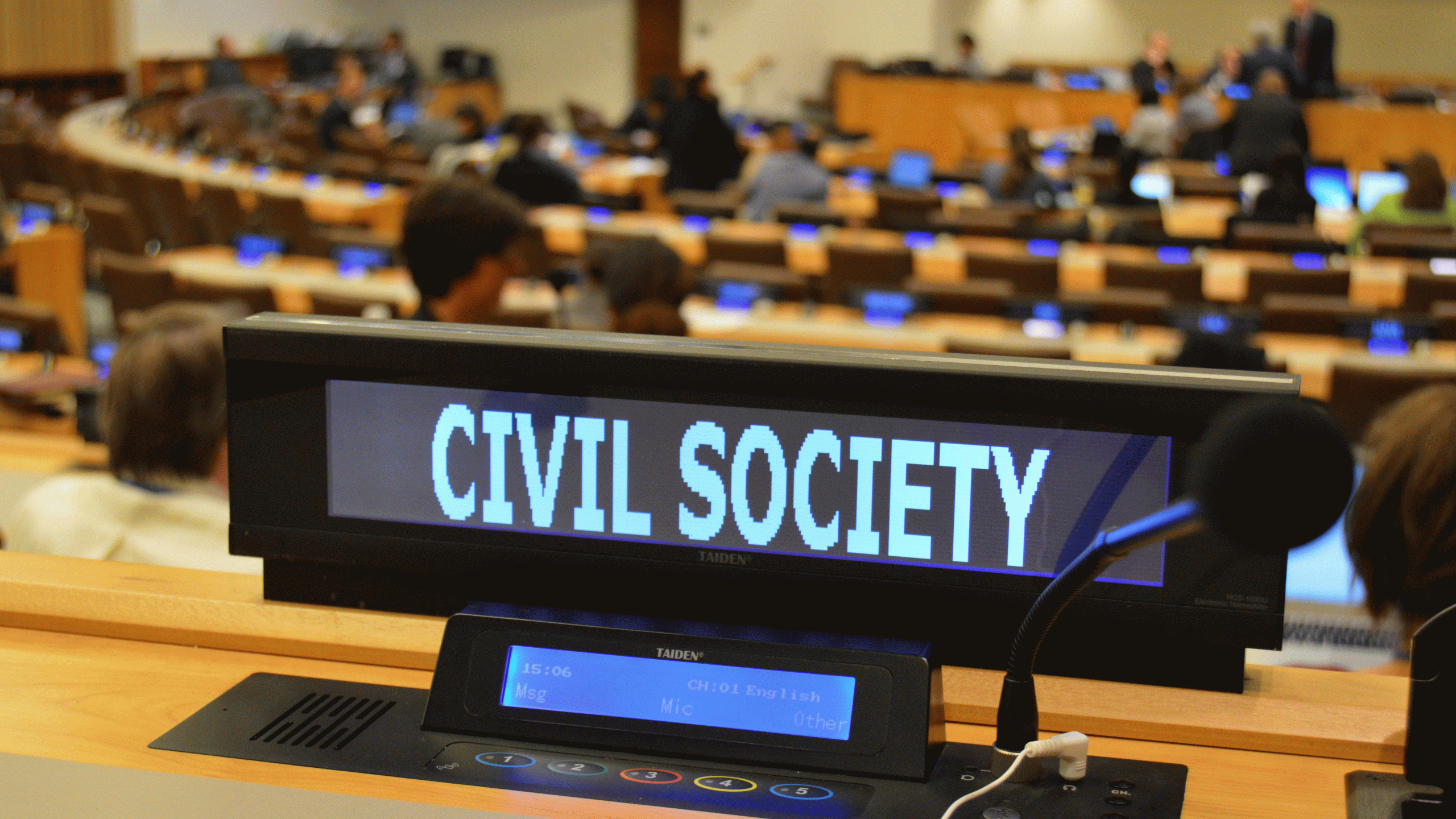ISHR, along with Robert F. Kennedy Human Rights (RFK), Women’s Link Worldwide (WLW) and the National Union of Organisations for Social Action Work (UNITAS) intervened as third parties (amicus curiae) in a case being considered by Colombia’s highest court. They argued that Colombia has reaffirmed its international commitments towards human rights defenders, but that this is not shown in practice, so urgent actions are needed.
Background
Human rights defenders’s work all over the world is crucial for societies that are more fair, equal and sustainable. But in Colombia, the defence of human rights is a particularly dangerous job. Just in 2022, the Office of the UN High Commissioner for Human Rights verified 83 massacres and 112 killings of human rights defenders, mostly at the hands of non-State armed groups and criminal organisations . This happened despite Colombia being the first country ever to adopt a human rights defender protection mechanism (in the late 1990’s).
This is why national NGOs have resorted to the country’s courts to demand reforms that are urgently needed. In a process that has spanned more than 4 years and 3 instances, the extent of the Colombian State’s obligation to protect defenders is being considered.
This is the third time that ISHR has intervened in the case. In 2020, ISHR submitted an amicus to the Civil Chamber of the Superior Tribunal of Bogotá in support of a constitutional action of ‘Tutela’ aimed at protecting 10 defenders whose rights had been violated; the court ruled in favour of the victims. In 2021, ISHR intervened again when the Constitutional Court reviewed the judgement in the second instance. The Court confirmed the judgement and recognised that, in Colombia, the right to defend human rights is recognised and protected as an autonomous right.
The Constitutional Court then decided to revisit the case and is now considering whether to declare a ‘state of unconstitutional affairs’ – a legal declaration that would recognise there are structural issues that lead to defenders suffering human rights violations. If it declared this, the Court would order national authorities to adopt structural measures (such as legal reforms) to address the crisis.
The new intervention
In this most recent intervention, ISHR, RFK, WLW and UNITAS present an outline of the situation of human rights defenders in the country, as well as the international and regional legal developments on human rights defenders, over the last two years (since the last amicus was filed).
The intervention highlights that, since then, Colombia ratified the Escazú Agreement and participated in the adoption of UN resolutions on human rights defenders, both calling for the protection of defenders. It also made public statements committing itself to protect defenders. Despite this, the country continues to be one of the most dangerous places in the world to defend human rights.
The amicus calls on the Constitutional Court to declare the existence of a state of unconstitutional affairs, given that the violations human rights defenders in Colombia suffer are caused by a system that inadequately protects them.
ISHR’s Javier Urízar, said: ‘ISHR has been following this case closely for years, as Colombia has been a pioneer in protection programmes for human rights defenders, but this has not been enough. The situation in the country is grim, so the court must order the government to take a series of measures to greatly transform the context in which human rights defenders work and live.’




